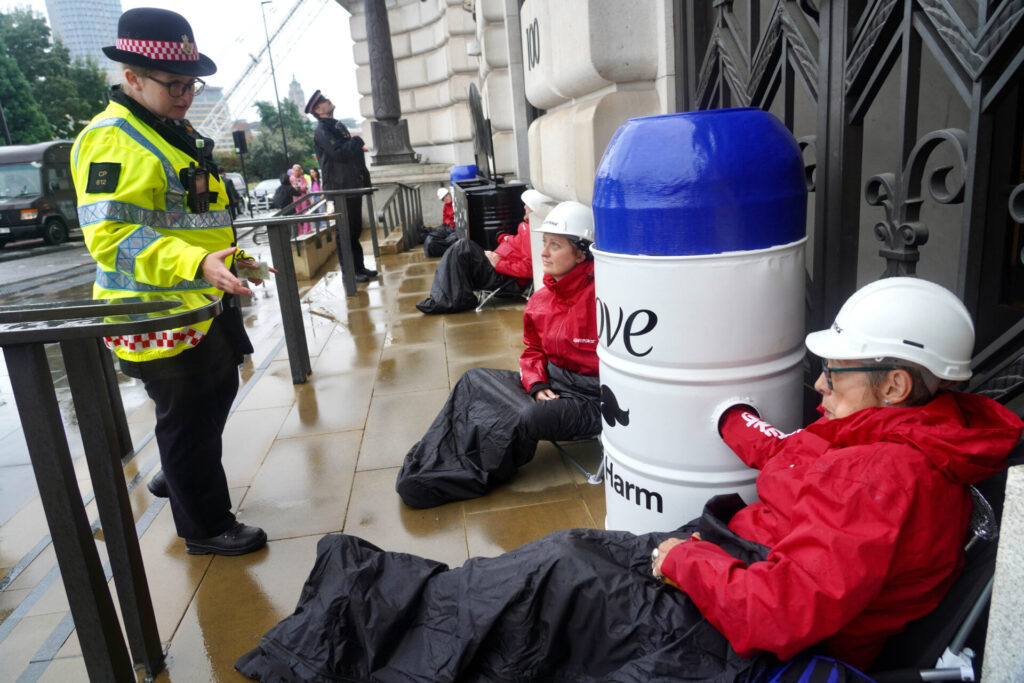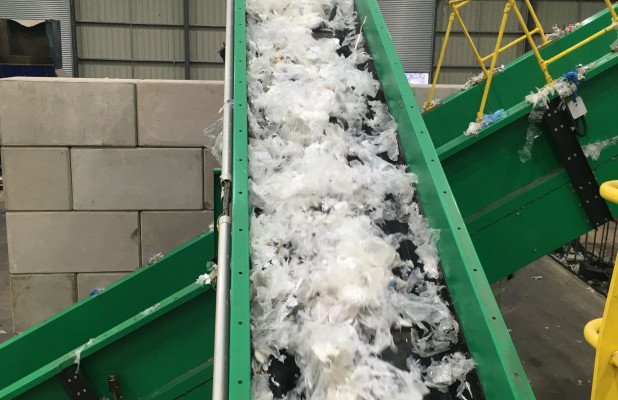The facility is said to currently be in its final commissioning phase and is expected to commence operation in mid-2024. Using the Hydro-PRT process, Mura will convert the waste into valuable hydrocarbon products which can then be used to manufacture new plastic.
The agreement with Elite follows an existing one between Mura Technology and Geminor, who will act as the principal feedstock supplier for this first site.
Dr Steve Mahon, CEO of Mura Technology, said: “Cross-sector collaboration of this kind is enabling us to turn post-use waste plastic into a valuable commodity used to create fossil-replacement feedstocks for the manufacture of new plastic products.”
‘Pioneering’
Chris Smits, managing director at Elite Recycling Solutions, commented: “This relationship enables us to access this pioneering solution for our clients’ mixed, post-use and currently unrecyclable plastics. Mura Technology’s unique Hydro-PRT process will enable us to work closely with our clients to recycle unrecyclable plastics, reduce waste and increase recycling rates and to deliver cost savings, as landfill and incineration taxes increase in the near future – all of which plays a key part in driving our clients environmental and sustainability credentials.”
Hydro-PRT uses supercritical water (water under elevated pressure and temperature), which distinguishes it from alternative recycling processes, such as pyrolysis. Through this process, Mura Technology has said there is no limit to the number of times the same material can be recycled.
The first independent LCA by Warwick Manufacturing Group (WMG) of the University of Warwick in 2023 suggested that for every tonne of waste plastic processed via Hydro-PRT, 1.8t CO2 eq. are saved when compared to the incineration of plastic waste. This is said to be a 80% carbon emissions saving and equivalent to 40,000 tonnes CO2 eq. annually from operations at Mura’s first site in Teesside.
A new 2024 WMG study, due to be published in June, evaluated the carbon impacts of a combination of waste management approaches. The study has found that combining advanced recycling with mechanical recycling resulted in a carbon emission saving of 42%, when compared to the existing model of incineration and mechanical recycling.










Subscribe for free